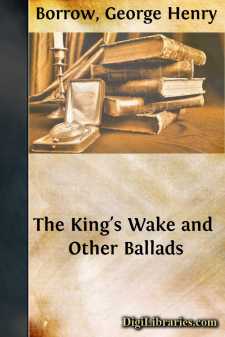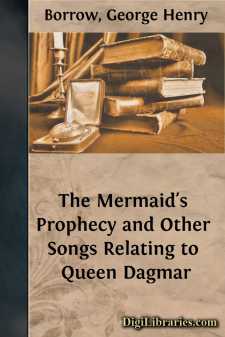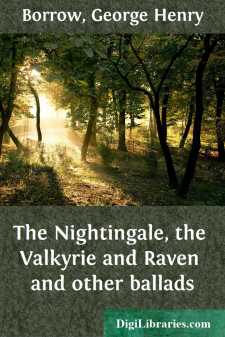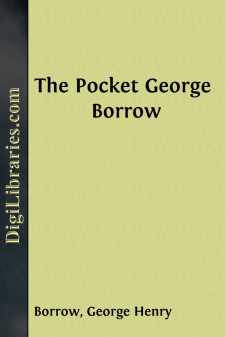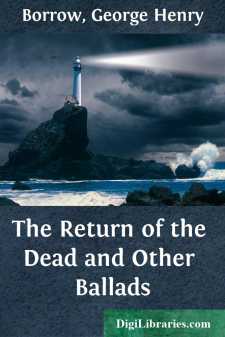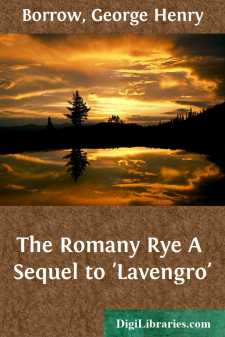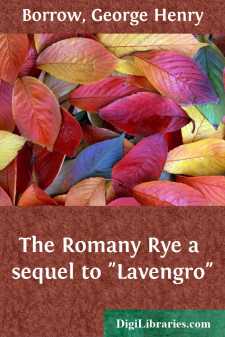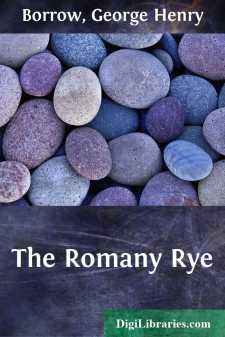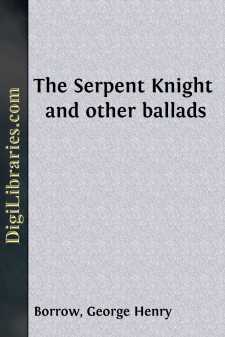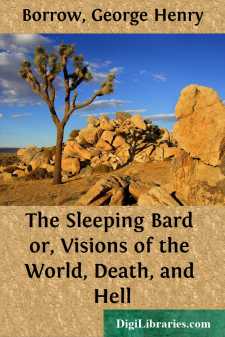Categories
- Antiques & Collectibles 13
- Architecture 36
- Art 48
- Bibles 22
- Biography & Autobiography 813
- Body, Mind & Spirit 142
- Business & Economics 28
- Children's Books 17
- Children's Fiction 14
- Computers 4
- Cooking 94
- Crafts & Hobbies 4
- Drama 346
- Education 46
- Family & Relationships 57
- Fiction 11829
- Games 19
- Gardening 17
- Health & Fitness 34
- History 1377
- House & Home 1
- Humor 147
- Juvenile Fiction 1873
- Juvenile Nonfiction 202
- Language Arts & Disciplines 88
- Law 16
- Literary Collections 686
- Literary Criticism 179
- Mathematics 13
- Medical 41
- Music 40
- Nature 179
- Non-Classifiable 1768
- Performing Arts 7
- Periodicals 1453
- Philosophy 64
- Photography 2
- Poetry 896
- Political Science 203
- Psychology 42
- Reference 154
- Religion 513
- Science 126
- Self-Help 84
- Social Science 81
- Sports & Recreation 34
- Study Aids 3
- Technology & Engineering 59
- Transportation 23
- Travel 463
- True Crime 29
Sort by:
THE KING’S WAKE To-night is the night that the wake they hold,To the wake repair both young and old. Proud Signelil she her mother address’d:“May I go watch along with the rest?” “O what at the wake wouldst do my dear?Thou’st neither sister nor brother there. “Nor brother-in-law to protect thy youth,To the wake thou must not go forsooth. “There be the King and his warriors gay,If me...
more...
I. KING VALDEMAR’S WOOING. Valdemar King and Sir Strange bold At table sat one day,So many a word ’twixt them there passed In amicable way. “Hear Strange, hear! thou for a time Thy native land must leave;Thou shalt away to Bohemia far My young bride to receive.” Then answered Strange Ebbesen, To answer he was not slow:“Who shall attend me of thy liegemen, If I to...
more...
THE NIGHTINGALE, OR THE TRANSFORMED DAMSEL I know where stands a Castellaye, Its turrets are so fairly gilt;With silver are its gates inlaid, Its walls of marble stone are built. Within it stands a linden tree, With lovely leaves its boughs are hung,Therein doth dwell a nightingale, And sweetly moves that bird its tongue. A gallant knight came riding by, He heard its dulcet ditty...
more...
GEORGE BORROWSELECTED PASSAGES It is very possible that the reader during his country walks or rides has observed, on coming to four cross-roads, two or three handfuls of grass lying at a small distance from each other down one of these roads; perhaps he may have supposed that this grass was recently plucked from the roadside by frolicsome children, and flung upon the ground in sport, and this may...
more...
THE RETURN OF THE DEAD Swayne Dyring o’er to the island strayed; And were I only young again!He wedded there a lovely maid— To honied words we list so fain. Together they lived seven years and more; And were I only young again!And seven fair babes to him she bore— To honied words we list so fain. Then death arrived in luckless hour; And were I only young again!Then died the...
more...
INTRODUCTION ‘Lavengro’ and ‘The Romany Rye’ are one book, though the former was published in 1851 and the latter not until 1857. After a slumber of six years the dingle re-awakes to life, Lavengro’s hammer shatters the stillness, and the blaze of his forge again lights up its shadows, while all the strange persons of the drama take up their parts at the point where the curtain had been so...
more...
ADVERTISEMENT. It having been frequently stated in print that the book called “Lavengro” was got up expressly against the popish agitation, in the years 1850-51, the author takes this opportunity of saying that the principal part of that book was written in the year ’43, that the whole of it was completed before the termination of the year ’46, and that it was in the hands of the publisher in...
more...
The Dingle at Night—The Two Sides of the Question—Roman Females—Filling the Kettle—The Dream—The Tall Figure. I descended to the bottom of the dingle. It was nearly involved in obscurity. To dissipate the feeling of melancholy which came over my mind, I resolved to kindle a fire; and having heaped dry sticks upon my hearth, and added a billet or two, I struck a light, and soon produced a...
more...
THE SERPENT KNIGHT Signelil sits in her bower alone,Of her golden harp she waked the tone. Beneath her mantle her harp she played,Then in came striding the worm so laid. “Proud Signelil, if thou me wilt wed,I’ll give thee store of gold so red.” “Forbid the heavenly God so greatThat I should become the Lindworm’s mate.” “Since thee I may not for a wife acquire,Kiss me only and I’ll...
more...
Preface. The Sleeping Bard was originally written in the Welsh language, and was published about the year 1720. The author of it, Elis Wyn, was a clergyman of the Cambro Anglican Church, and a native of Denbighshire, in which county he passed the greater part of his life, at a place called Y las Ynys. Besides the Sleeping Bard, he wrote and published a book in Welsh, consisting of advice to...
more...


